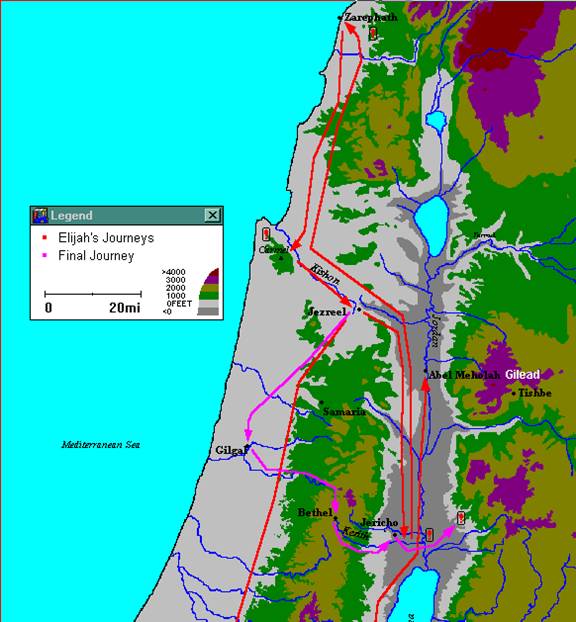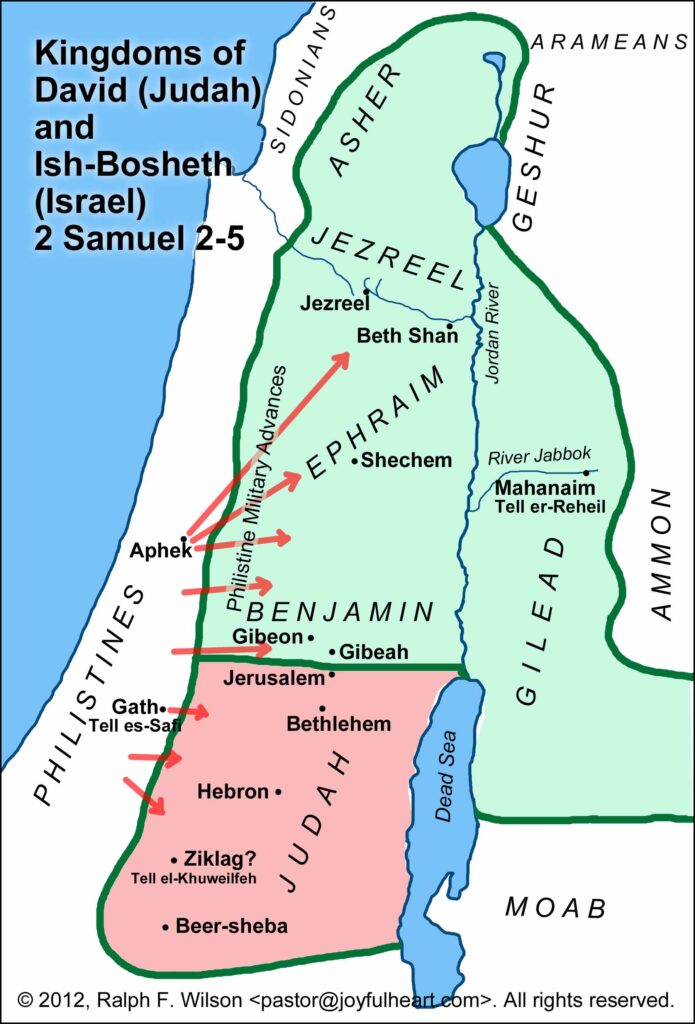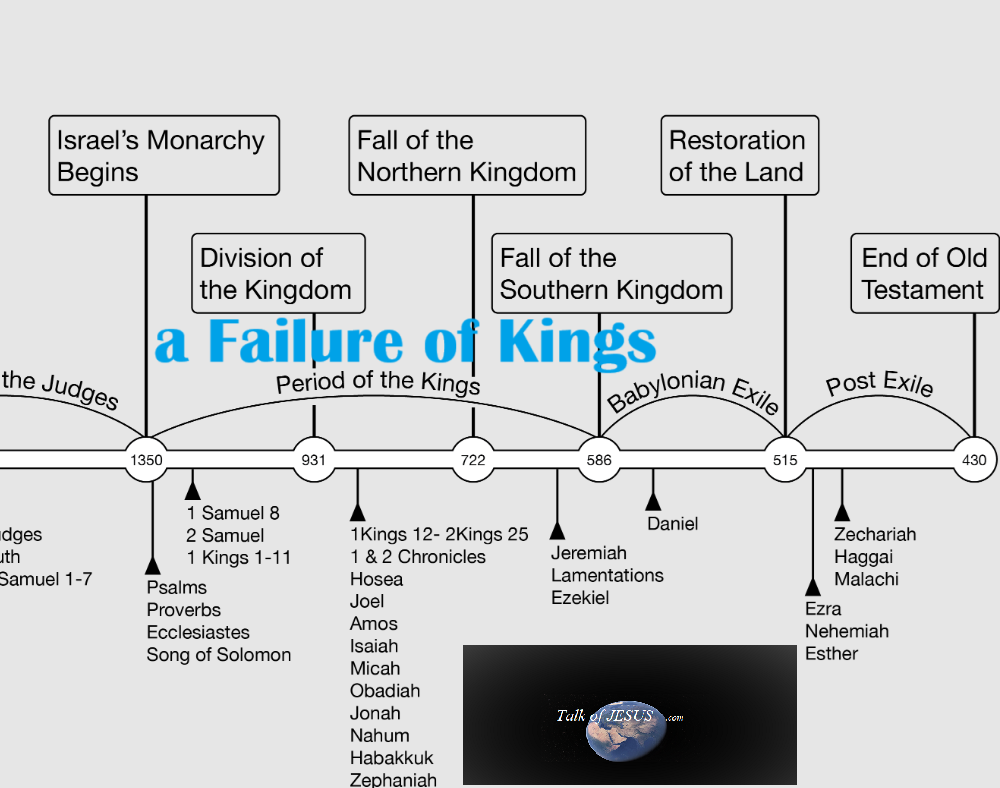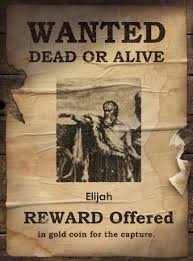Where have we heard the scriptural depiction, ‘son of man’ most in the Bible?
And to whom do we point by calling some mortal the “son of man?”
Hold your answers for a moment until we look into who said that in the Bible and who was called that by whom.
Prophets Before Christ
Recall that true Prophets of God speak for the LORD God.
In part 1 we glanced at an important prophesy of Moses and then we followed Elijah observing some of the Prophet’s miracles.
Also in part-1:
We also glanced quickly at historical context of the Jews from Canaan to Babylon and A.D. 1st c. Jerusalem.

~1450 B.C
The Prophet Moses
~870 B.C. – 849 B.C.
The Prophet Elijah

Later, as prophesied:
- defeat of ISRAEL the Northern Kingdom
- 722 B.C.

~620 B.C. – 570 B.C
- eventual fall of JUDAH the Southern Kingdom…
- 586 B.C.
Introduction to the Son of Man
You’ll read in just ten times in the books of Moses:
לֹא אִישׁ אֵל וִיכַזֵּב וּבֶן־אָדָם וְיִתְנֶחָם הַהוּא אָמַר וְלֹא יַעֲשֶׂה וְדִבֶּר וְלֹא יְקִימֶנָּה׃
In Hebrew, literally, “ben adam” or ‘son of adam.’
It is illustration of created man made in the image of the LORD.
You will find it frequently in the New Testament as well, most frequently with the Lord Jesus referring to Himself.
In the common Greek of the A.D. first century Roman empire, “huios anthrōpos” or ‘son of humans.’
It is here we see the significance of God born to a virgin woman (Mary) as a Son of Man.
One in substance with the Father and Holy Spirit — yet the Lord Jesus IS a real human Person.
First Century A.D.
“But when the Son of Man comes in His glory, and all the angels with Him, then He will sit on His glorious throne.
The Prophet Ezekiel
We return not to Jerusalem, but to Babylon where Nebuchadnezzar, powerful arm of the LORD’s judgment against Judah resides.
10,000 Hebrew captives led to Babylon
Ezekiel dates his prophecies from 597 B.C. ..also 573/72,..in 571/70 B.C. (29:17)
Commentary of John MacArthur
.. while I was among the exiles by the Chebar Canal, the heavens were opened and I saw visions of God.
I looked, and there was a whirlwind coming from the north, a huge cloud with fire flashing back and forth and brilliant light all around it. In the center of the fire, there was a gleam like amber. 5 The likeness of four living creatures came from it, and this was their appearance: They looked something like a human —
Ezekiel 1:4-5 (CSB)
You must picture the same scene of GLORY as the Prophet sees -- NO illustration can do it justice -- Ezekiel sees something sons of Adam just do not see!
A voice came from above the expanse over their heads;
— Ezekiel 1:25 (CSB)
This was the appearance of the likeness of the Lord’s glory.
When I saw it, I fell facedown and heard a voice speaking.
— Ezekiel 1:28 (CSB)
Son of Man
He said to me,
“Son of man, stand up on your feet and I will speak with you.”
As he spoke to me, the Spirit entered me and set me on my feet,
and I listened to the one who was speaking to me.
— Ezekiel 2:1-2 (CSB)
The SON OF MAN — in this instance, Ezekiel — has seen the GLORY OF THE LORD and spoken of it to sinful humans chosen to follow Him.
Ezekiel bows down — and obeys the word of the Lord.
The Spirit takes Ezekiel to Jerusalem’s Temple
Then the glory of the Lord moved away from the threshold of the temple and stopped above the cherubim.
— Ezekiel 10:18 (CSB)
The Spirit then lifted me up and brought me to the eastern gate of the Lord’s house.. I saw [25] leaders of the people.
The Lord said to me,
“Son of man, these are the men who plot evil and give wicked advice in this city. They are saying, ‘Isn’t the time near to build houses? The city is the pot, and we are the meat.’
Therefore, prophesy against them. Prophesy, son of man! ”
— Ezekiel 11:1-4 (CSB)
A New Shepherd of the Lord’s Chosen
The word of the Lord came to me:
“Son of man, prophesy against the shepherds of Israel. Prophesy, and say to them,
‘This is what the Lord God says to the shepherds:
Woe to the shepherds of Israel, who have been feeding themselves! Shouldn’t the shepherds feed their flock?
You eat the fat, wear the wool, and butcher the fattened animals, but you do not tend the flock.
You have not strengthened the weak, healed the sick, bandaged the injured, brought back the strays, or sought the lost.
Does ANY of this sound familiar -- you 21 century shepherds of the Gospel -- have you tended your flock?
Dry Bones “rising from the dead”
“Prophesy concerning these bones
I will cause breath to enter you, and you will live. I will put tendons on you, make flesh grow on you, and cover you with skin. I will put breath in you so that you come to life.
Then you will know that I am the Lord.”
Yet some of you do not believe the Prophets or in the resurrection of the dead to the Judgment or Heaven.
‘This is what the Lord God says:
I am going to open your graves and bring you up from them, my people, and lead you into the land of Israel. You will know that I am the Lord, my people, when I open your graves and bring you up from them.
I will put my Spirit in you, and you will live, and I will settle you in your own land. Then you will know that I am the Lord. I have spoken, and I will do it.
This is the declaration of the Lord.’ ” —
Ezekiel 37:12-14 (CSB)
In Visions of God – a New Temple
It is not our purpose today to point out similarities of a new temple and city to the Levitical outline of Moses or the Temple of David which had witnessed the glory of the LORD descending into the Holy of Holies. Nor can we visit such visions of Daniel and the Apostle John.
Sufficeth to say the Lord God will send a new Temple to Jerusalem and personalize a saved world in new worship.
προφήτης – prophētēs
- in Greek writings, an interpreter of oracles or of other hidden things
- one who, moved by the Spirit of God and hence his organ or spokesman, solemnly declares to men what he has received by inspiration, especially concerning future events, and in particular such as relate to the cause and kingdom of God and to human salvation
source: Strong’s G4396 – prophētēs – BlueLetterBible.org
The dead man sat up and began to speak, and Jesus gave him to his mother. Then fear came over everyone, and they glorified God, saying,
“A great prophet has risen among us,” and “God has visited his people.”
~ in the year of our Lord 30
The Son of Man
“But so that you may know that the Son of Man has authority on earth to forgive sins” — then he told the paralytic, “Get up, take your stretcher, and go home.”
“Who do people say that the Son of Man is? ”
They replied,
“Some say John the Baptist; others, Elijah; still others, Jeremiah or one of the prophets.”
“But you,” he asked them, “who do you say that I am? ”
Simon Peter answered,
“You are the Messiah [*Χριστός christos], the Son of the living God.”
“You know that the Passover takes place after two days, and the Son of Man will be handed over to be crucified.”
Matthew 28:2 CSB






